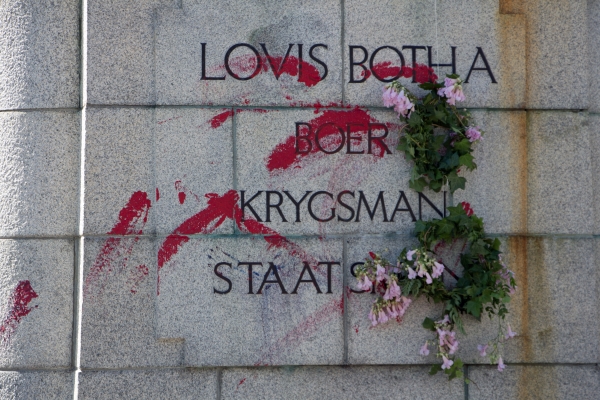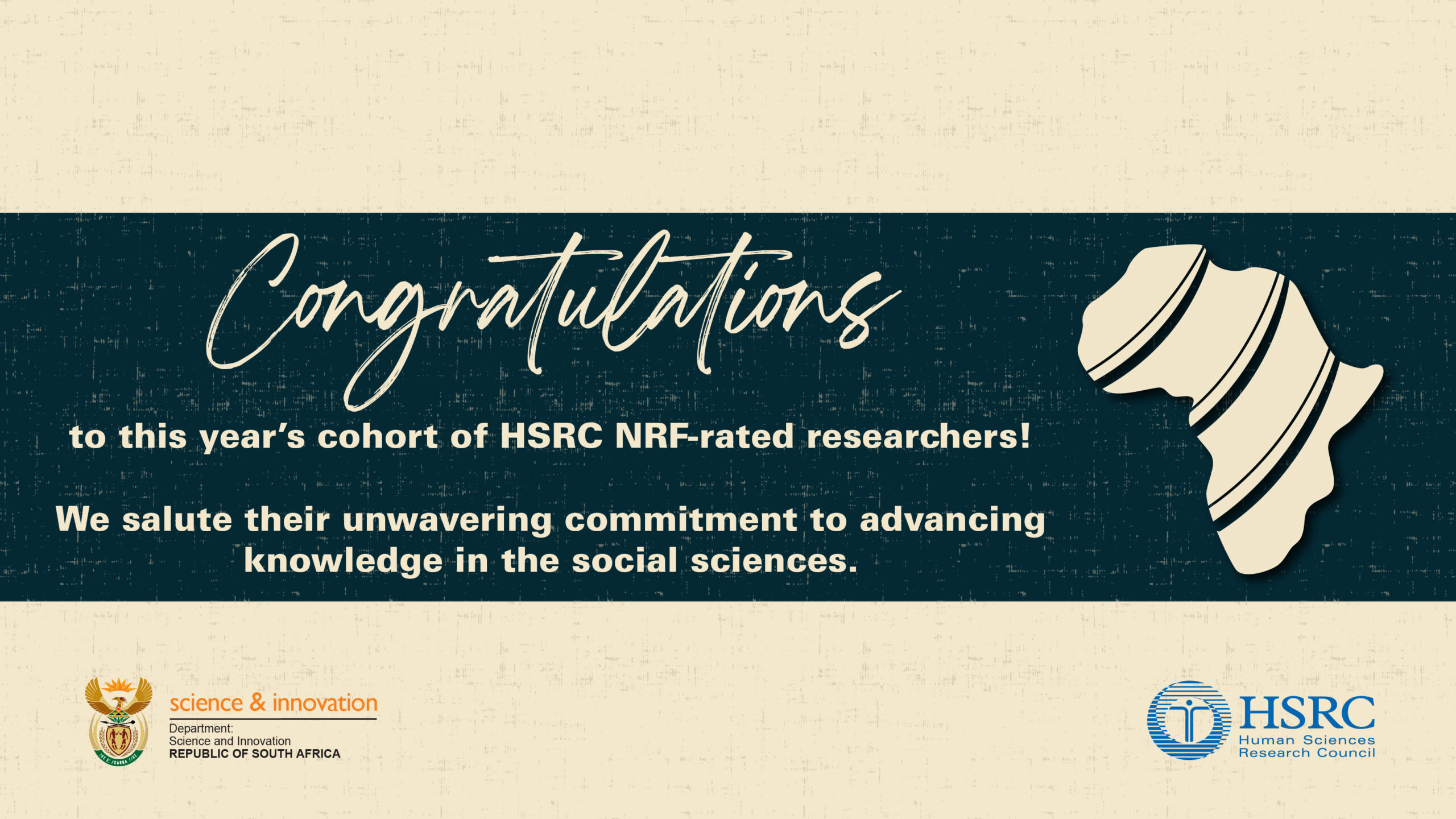Dr Peter Jacobs in the Equitable Education and Economies (EEE) division was an invited speaker at an international seminar on food policy coherence that the Food and Agricultural Organization (FAO) co-hosted with the University College London (UCL). The main goal of this online seminar, organised from the FAO headquarters in Rome on 4 July, was to showcase the findings of a new UCL study on the importance of policy coherence and transitioning agrofood systems across countries.
UCL researchers and the FAO chose South Africa as a case study site, with almost a dozen HSRC researchers participating in a focus group discussion when the UCL team was collecting information for the study earlier, in June. As an exploratory study, researchers gathered responses to questions such as: What does a coherent food policy look like and why is this so important? How coherent are existing food systems’ policies, especially in the global south? What can be done to foster greater coherence across food policies in a country?
At the seminar, Jacobs revisited some of these questions. He explained how science councils like the HSRC are positioned in South Africa’s policy milieu and characterised the organisation’s responsiveness to government requests beyond sharing research outputs, as follows. Advisers embedded in the policy space usually filter evidence to align with their respective ‘political manifestoes’ outside the influence of researchers. Influencing policy is about being able to intervene at strategic moments in policy cycles. Getting the timing right is pivotal. Furthermore, food systems policy coherence is not just impeded by fragmented and competing mandates, but also competing paradigms (the so-called ‘elephant in the policy design arena’). As a concrete example of key talking points, Jacobs reflected on prospects for infusing the One Food approach, an ongoing HSRC study funded by CEFAS in the UK, into the construction of a coherent and transformative food policy.
In addition to completing an online survey, the HSRC team also shared relevant policy briefs (also here) and reports with UCL researchers.


